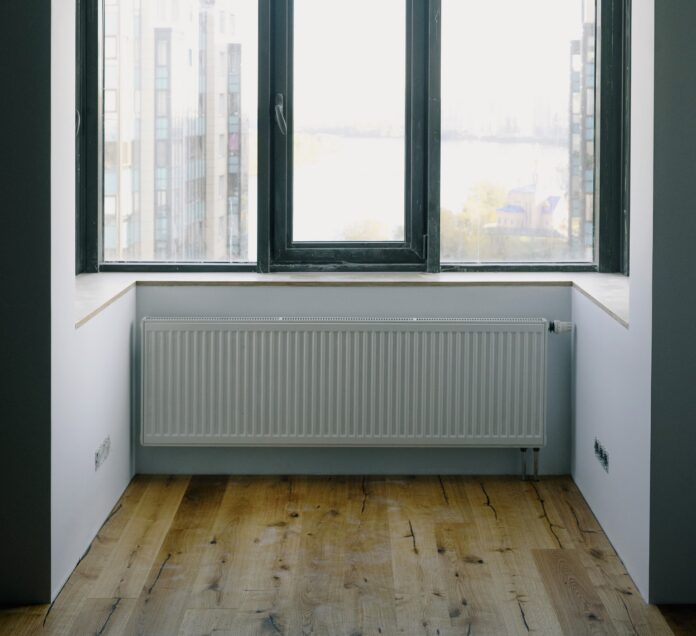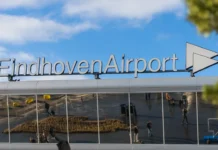Until recently, the Eindhoven start-up Cellcius was an unknown company in the Brainport region. That changed in a short time, when it became known that the company that develops heat batteries receives money from an investment funded by Bill Gates.
Furthermore, the company has won a Gerard & Anton Award the week before. Something of a different order of magnitude perhaps, but a nice milestone nonetheless. “That is very nice of course, there were dozens of nominees. All great companies with good products. That we won that award was a nice surprise”, says CEO of Cellcius, Evert Rietdijk.
“But the news that a Bill Gates fund finds our product so promising that it may want to invest is of course even better.” Because a full investment has not yet been made, Rietdijk emphasizes. “We did receive a grant, with which we can accelerate the development of the product. A real investment can follow later.”
‘Hundreds of years old’
And that money is welcome, because Cellcius wants to market its first, fully sustainable heat battery in 2024. It also uses technology that is hundreds of years old.
“We use a technique called thermochemistry. This technique has actually been used for centuries. Even the Egyptians used it to mummify the dead. It actually means little more than storing energy with chemical processes.”
‘Process reversed’
That still sounds a bit puzzling. Rietdijk explains: “What we do is use that technology to generate energy. When you add moisture to certain salts, energy is released. We have developed techniques to reverse that process, so that you can actually store energy. This can certainly be an extremely important development with a view to the energy transition.”
Peak load
Because with the arrival of sustainable energy sources such as windmills and solar parks, the distribution of energy is becoming a challenge. This became clear earlier in the Brainport region, when it was announced that no more companies will be connected to the power grid.
“What we now see is that at some times a lot of energy is generated, and at other times a lot of energy is consumed. This creates peaks on the power grid that cause overload. With our batteries you can store the surplus of generated energy until you do need it,” says Rietdijk.
3 to 6 million homes
The technology should first be applied in heating residential areas, says Rietdijk. “The energy to heat districts in whole or in part with residual heat from industry is already there. I estimate that we could heat 3 to 6 million houses with all industrial residual heat in the Netherlands. The problem now is only distribution – we will be able to take care of that.”
Source: Studio040
For Eindhoven News: Lila Mehrez











